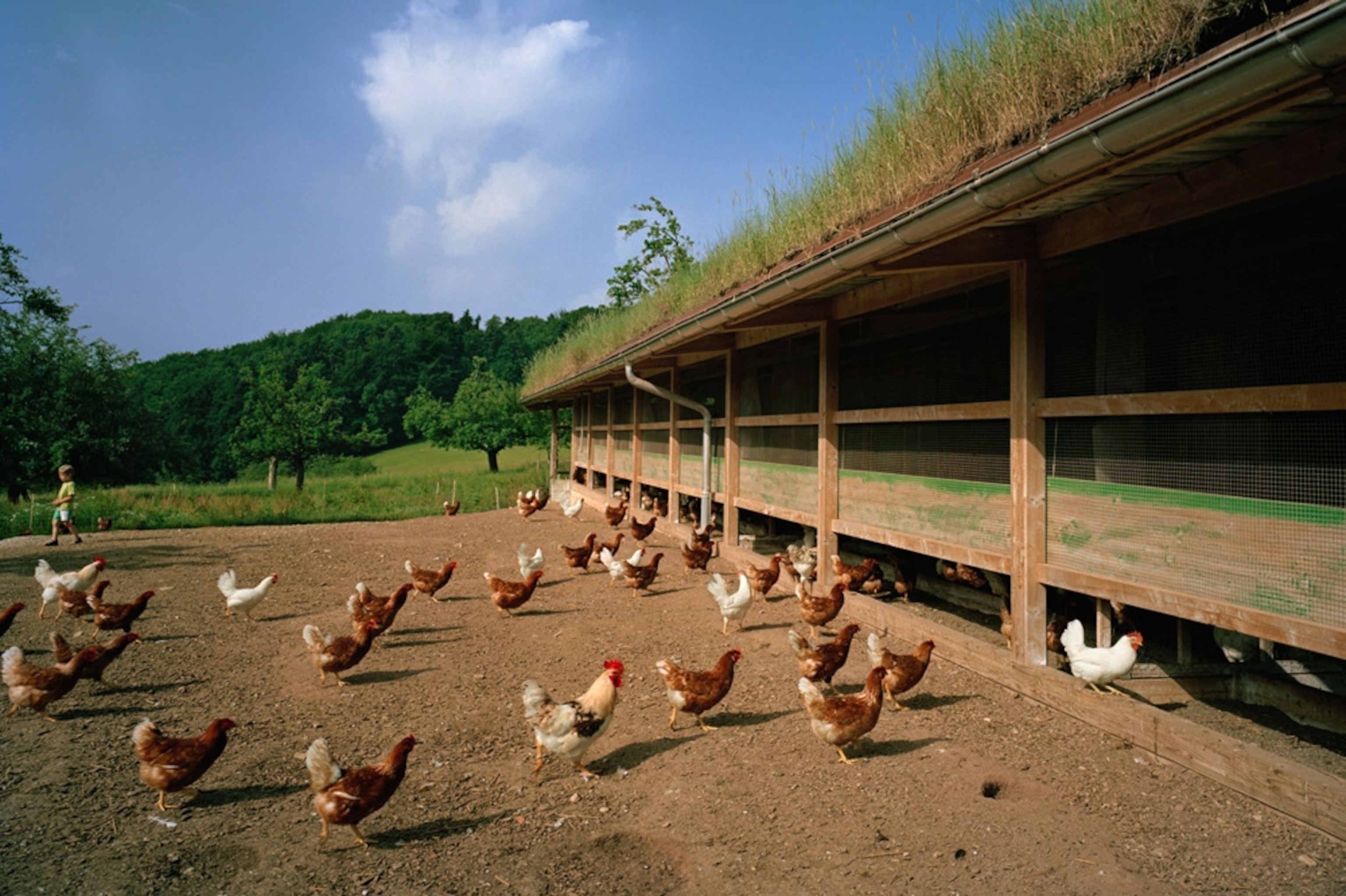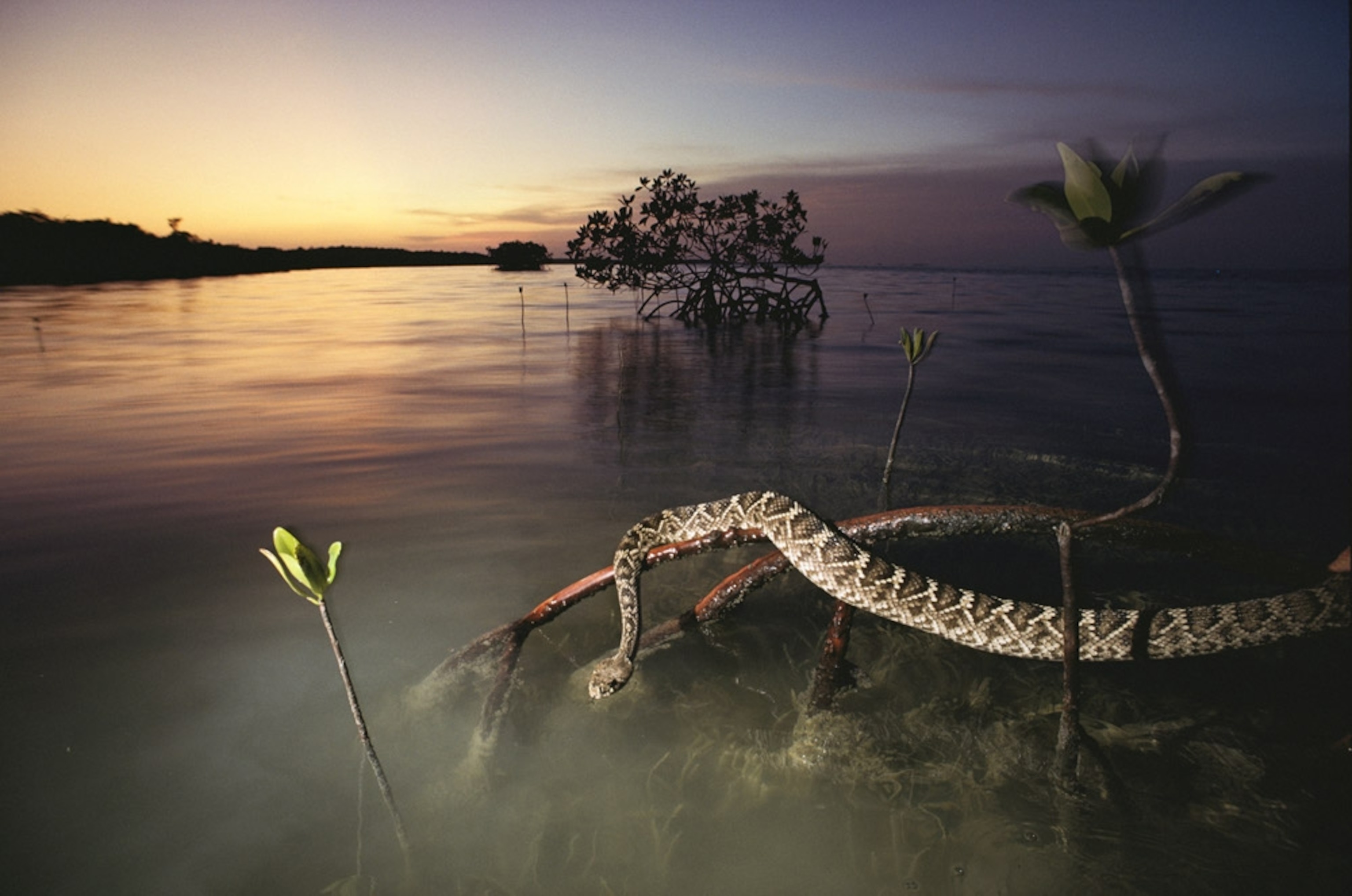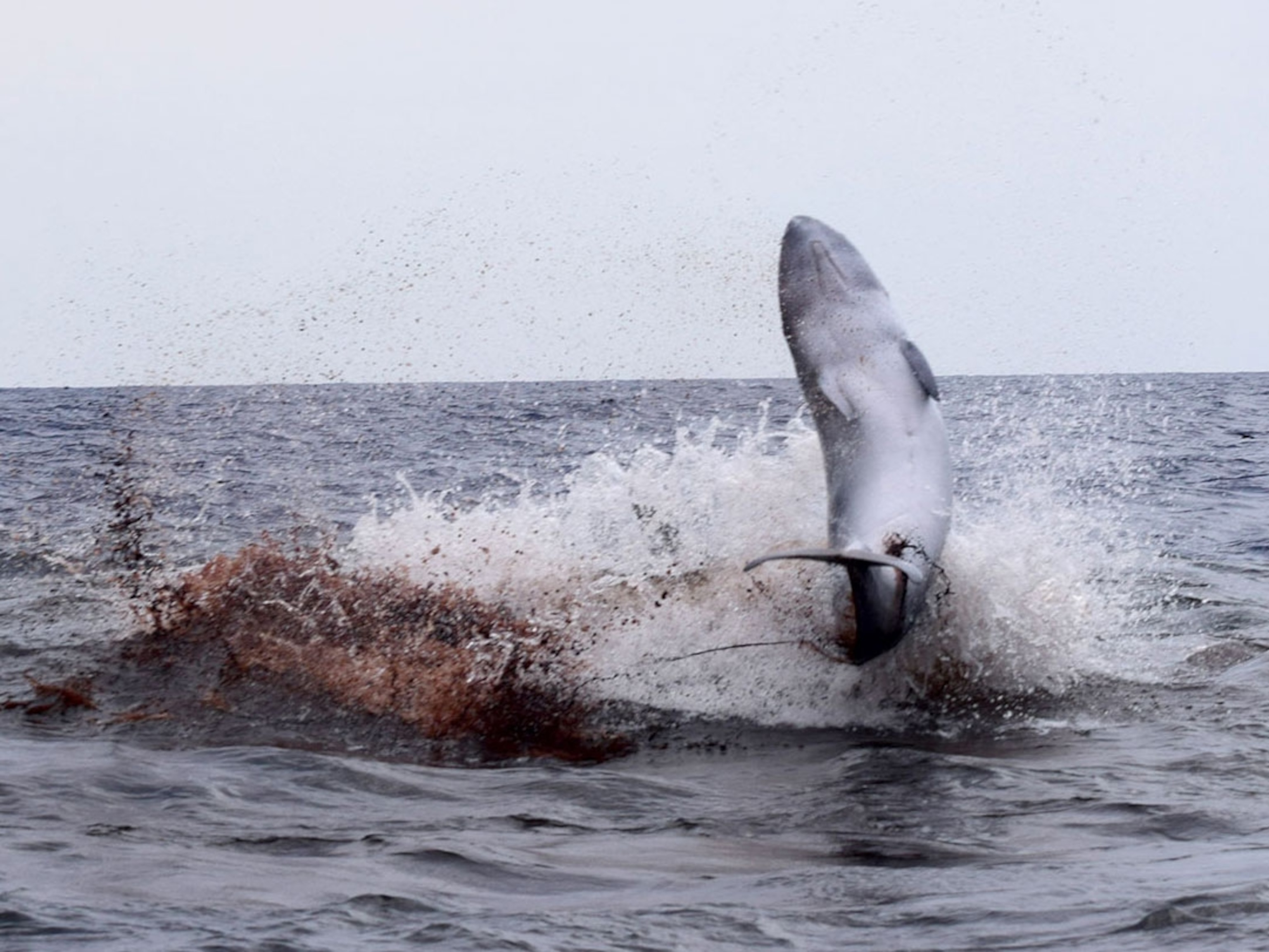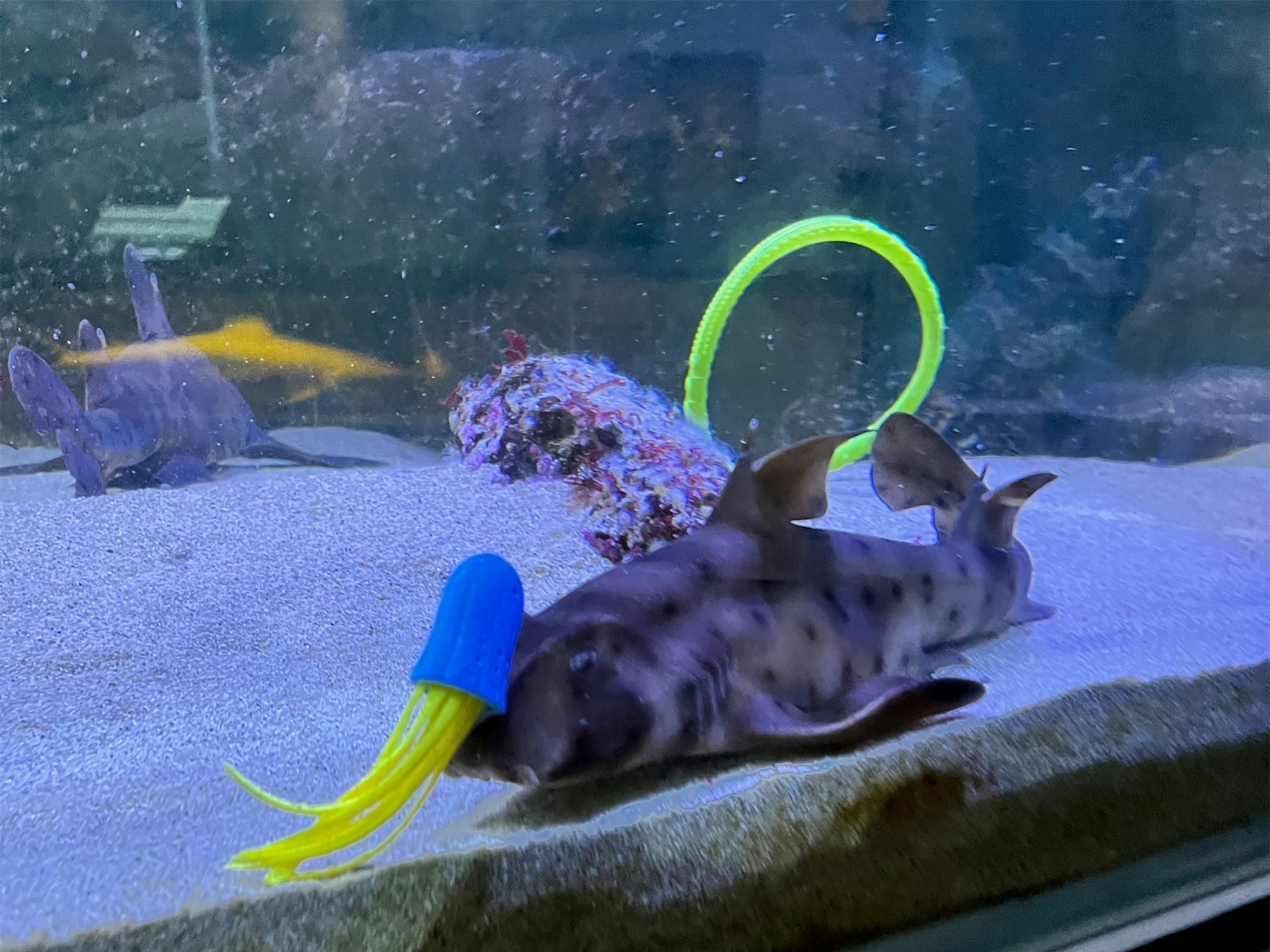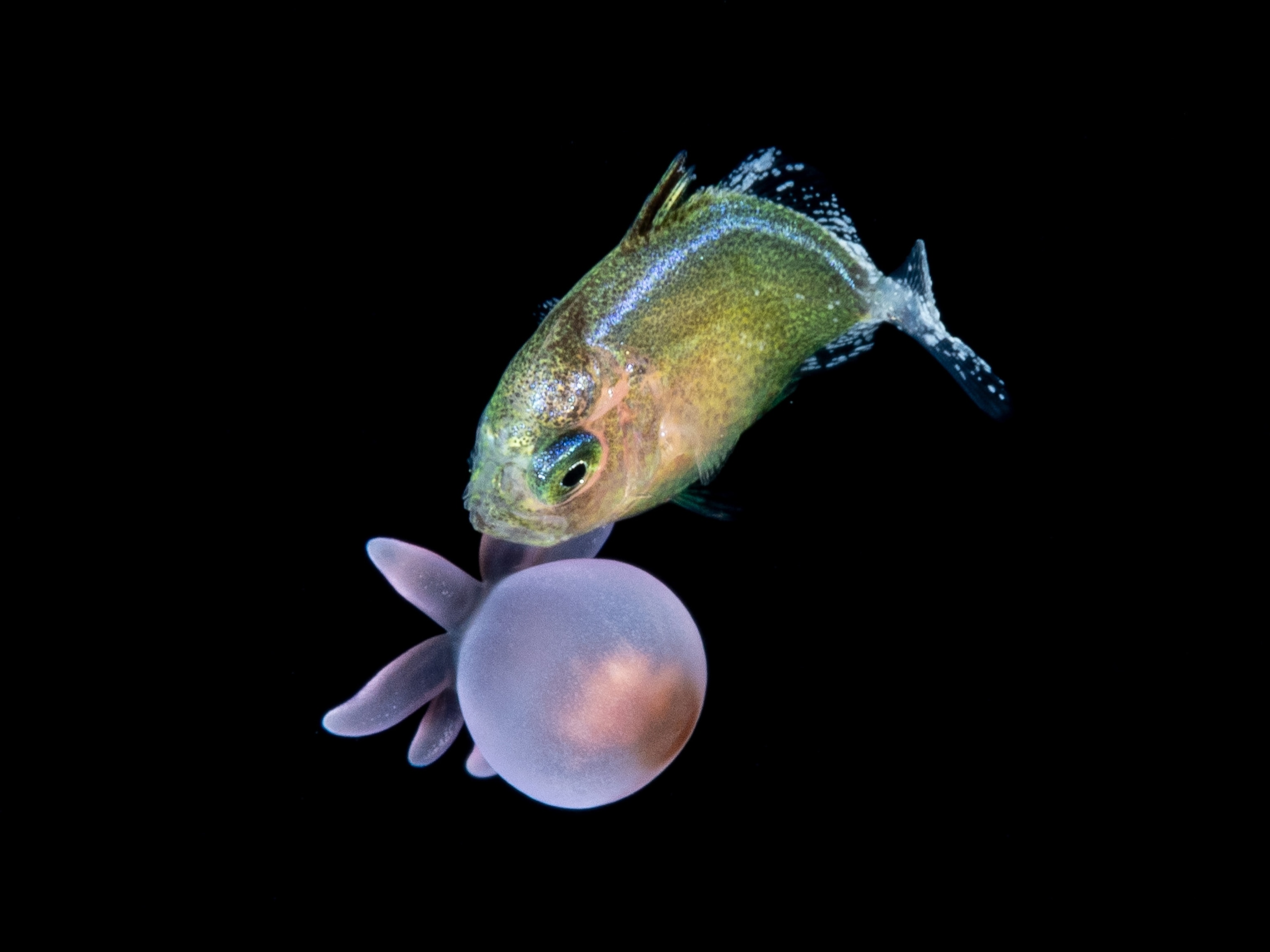Sperm Hoarders: Why Animals Store Semen
Female guppies sometimes bring a little extra baggage to a relationship—in the form of a dead male’s sperm.
Female guppies (Poecilia reticulata) sometimes bring a little extra baggage to a relationship—in the form of a dead male’s sperm.
A new study shows that one in four wild guppies in Trinidad and Tobago are fathered by the sperm of dead males. Some of these sperm have been stored for long enough that these males could otherwise be the grandfathers of these fish-to-be.
After mating, female guppies store sperm in a specialized cavity in their ovaries, keeping it alive with small amounts of sugar until the eggs are fertilized. (Also see “Why Female Flies Eat Sperm.”)
Why store sperm? Female guppies outlive males by at least a year, so storing sperm from multiple mating partners gives the female a choice of the best genes to sire her offspring.
Since these fish fathers don’t provide any care for their offspring even when living (for that matter, mama guppies don’t tend to their offspring after birth, either), being dead doesn’t harm the fish fry after birth, according to the study, published June 5 in the Proceedings of the Royal Society B.
Yet study leader Andrés López-Sepulcre, of the École Normale Supérieure in France, and colleagues don’t know whether the guppies’ sperm quality deteriorates over time—though the stored sperm can clearly fertilize at least some eggs.
Nor do López-Sepulcre and colleagues understand why females continue to use sperm from dead males when plenty of live males are around and able to provide fresher semen. (See “Sperm Recognize ‘Brothers,’ Team Up for Speed.”)
Sperm-Hoarding Snakes and Octopi
Sperm storage is a common occurrence in the natural world. Many other animals have been found to store sperm, including the domestic chicken (Gallus gallus domesticus).
In 2011, researchers at North Carolina and Georgia State Universities found that the eastern diamondback rattlesnake (Crotalus adamanteus) stored sperm for an exceptionally long period of time.
The discovery was made when a rattlesnake captured from the wild in Florida in 2005 gave birth in 2010, despite the fact it’d been kept away from other snakes. Scientists initially thought it was an example of virgin birth—a form of asexual reproduction in which the female provides both sets of chromosomes to her offspring—until genetic analysis revealed two parents. (Learn more about virgin birth.)
So how do the females tell the sperm that it’s time to do their job? By studying the common octopus (Octopus vulgaris), biologist Anna DiCosmo at Italy’s University of Napoli Federico II and colleagues tested a hypothesis that females emit chemicals called chemoattractants.
Males of various species can sense and seek out these chemicals—just as hordes of tired office workers shuffle toward the smell of the coffeepot every morning.
DiCosmo knew that when females of other species related to octopi release their eggs into the water, males are attracted by chemoattractants in the eggs. Following the chemical trail, the males swim over and release their sperm. (Also see “Small Squid Have Bigger Sperm—And Their Own Sex Position.”)
Although the common octopus fertilizes its eggs internally, DiCosmo wondered whether this species also used chemoattractants to rouse the stored sperm out of hibernation.
So the researchers gathered some mature octopus eggs and separated out proteins in the eggs. One particular protein, named Octo-SAP (octopus sperm attractant peptide), made the sperm go a-swimming. They reliably swam toward higher concentrations of Octo-SAP, a key requirement for a chemoattractant—suggesting that octopi use the chemicals to rouse sperm, according to a study published June 15 in the Journal of Experimental Biology.
Octopus Sperm Storage Explained
DiCosmo has some hypotheses about why sperm storage evolved in the octopus. (See video: shark vs. octopus.)
One is the mismatch between the time it takes for an egg to mature versus the rapidity with which a male can produce sperm. For instance, a female might not have a mature egg ready when she meets a male—which doesn’t appear to happen very often.
“Given that octopi are solitary animals, they do not have many chances to meet partners. For this reason, storing sperm is one of the only good strategies to optimize fitness. Immediate or external fertilization would result in no or just a few successful matings,” DiCosmo told National Geographic.
As for humans, we can reassure ourselves that at least we’re not hoarding sperm. Although it might be worth checking behind the ice cream carton in the freezer, just to be sure.

